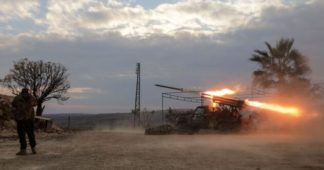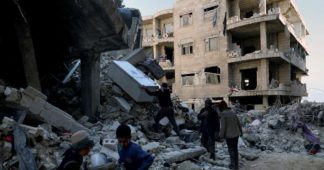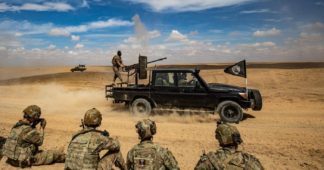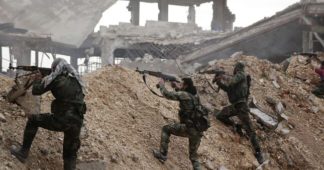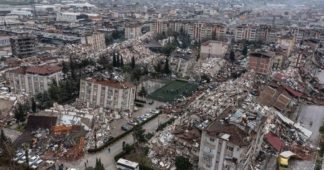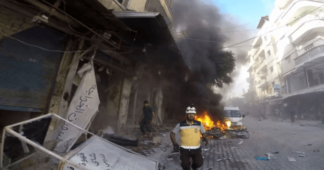Abu Mohammed al-Golani, the rebel leader whose stunning insurgency toppled Syria’s President Bashar Assad, has spent years working to remake his public image, renouncing longtime ties to al-Qaeda and depicting himself as a champion of pluralism and tolerance. In recent days, the insurgency even dropped his nom de guerre and began referring to him by his real name, Ahmad al-Sharaa.
The extent of that transformation from jihadi extremist to would-be state builder is now put to the test.
Insurgents control the capital Damascus, Assad has fled into hiding, and for the first time after 50 years of his family’s iron hand, it is an open question how Syria will be governed.
Syria is home to multiple ethnic and religious communities, often pitted against each other by Assad’s state and years of war. Many of them fear the possibility Sunni Islamist extremists will take over. The country is also fragmented among disparate armed factions, and foreign powers from Russia and Iran to the United States, Turkey and Israel all have their hands in the mix.
The 42-year-old al-Golani — labeled a terrorist by the United States, which has offered $10 million for information leading to his capture — has not appeared publicly since Damascus fell early Sunday. But he and his insurgent force, Hayat Tahrir al-Sham, or HTS – many of whose fighters are jihadis – stand to be a major player. Hayat Tahrir al-Sham means the Organization for the Liberation of the Levant — a region, noted the IDF’s former operation chief Yisrael Ziv on Sunday, that is historically seen as encompassing today’s Syria, Lebanon, Jordan and Israel.
For years, al-Golani worked to consolidate power, while bottled up in the province of Idlib in Syria’s northwest corner as Assad’s Iranian- and Russian-backed rule over much of the country appeared solid.
